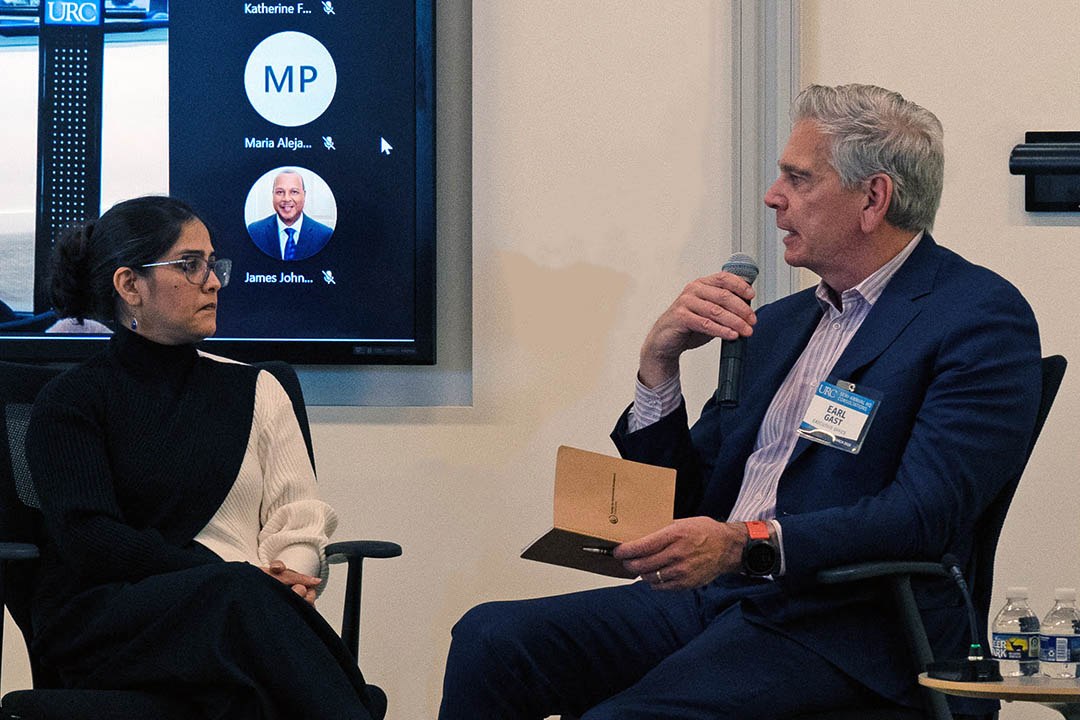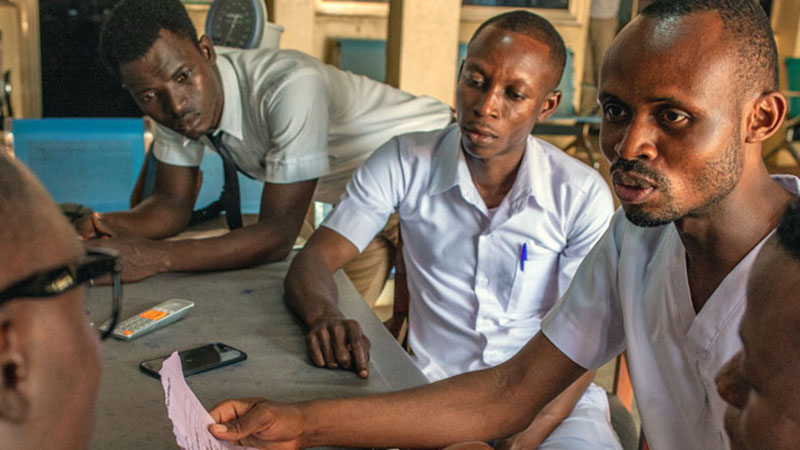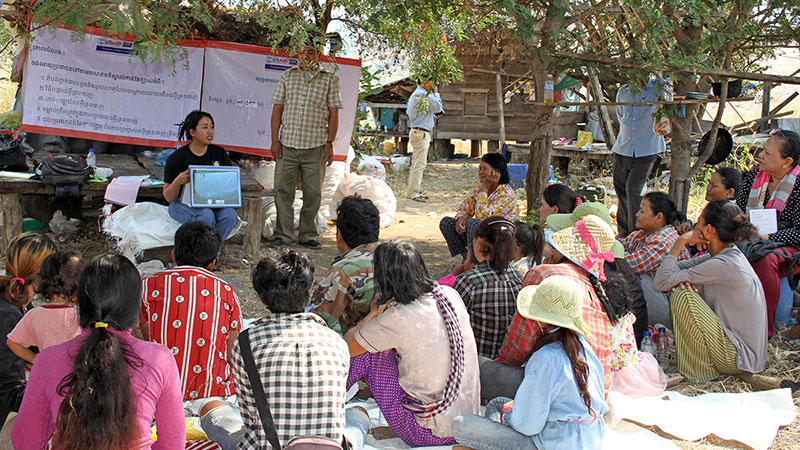On International Women’s Day Wednesday, March 8, 2023, URC hosted Manizha Wafeq for a lunch chat with our headquarters staff.
With 20 years of experience in development, Wafeq has dedicated more than 16 years of her career to women’s empowerment and gender equality, working with international, government, and non-governmental organizations.
Wafeq co-founded the Afghanistan Women Chamber of Commerce and Industry (AWCCI), the largest organization in Afghanistan that represents women entrepreneurs.
As country facilitator for the PEACE THROUGH BUSINESS PROGRAM at the Institute for Economic Empowerment of Women, Wafeq has taught and mentored nearly 600 Afghan businesswomen from more than 17 provinces. She has co-authored several training manuals, including one on gender and the legal framework of Afghanistan, and another on business start-ups. Wafeq is also the founder of the Bibi Khadija Award, an annual award honoring successful businesswomen and role models in Afghanistan.
A woman of great fortitude and commitment to securing the rights of women, Wafeq talked with our staff about the difficulties Afghan women face under restored Taliban control, and the perseverance with which they continue to fight for their rights.
URC President Earl Gast moderated the talk, as Wafeq answered questions from URC’s staff.
Gains and Losses for Women in Afghanistan
Wafeq spoke about the gains made in women’s participation in public life in Afghanistan from 2002 until 2021, when the Taliban returned to power. She added that since, the Taliban has dramatically reduced women’s rights in Afghanistan since they regained power in August 2021, especially their rights to health care and education.
For example, women are not allowed to travel more than 40 miles without a male companion and have been banned from universities and most workplaces except traditional employment in carpet weaving and preparing spices.
There were approximately 2,471 formal businesses owned and operated by women before 2021, half of which were in non-traditional sectors like IT, media, restaurants, gyms, travel agencies, import and export, private schools, and clinics. Half of these formal businesses are now closed. An additional 54,000 informal businesses were owned and operated by women in traditional sectors before 2021. Many of these are also struggling due to the humanitarian and economic crisis and restrictions imposed on them.
But women in Afghanistan have not given up, Wafeq said. “When female students were not allowed inside one university, they simply took their books and held their classes just outside the university’s gates,” she said.
A Life Dedicated to Women’s Empowerment
Wafeq spoke with humility and resolve about her efforts. It was clear, through her calm and collected demeanor, discussing the past, present, and future of Afghan women, that Wafeq’s commitment to their rights is unwavering.
Wafeq is the Winner of several awards such as the Enterprising Women Magazine Award from the United States, Leadership Award from the National Business Association of the US, and Young Activist Award from the Afghan Women’s Network and the Afghan Lower House of the Parliament. Wafeq holds an MBA from the American University of Afghanistan.



